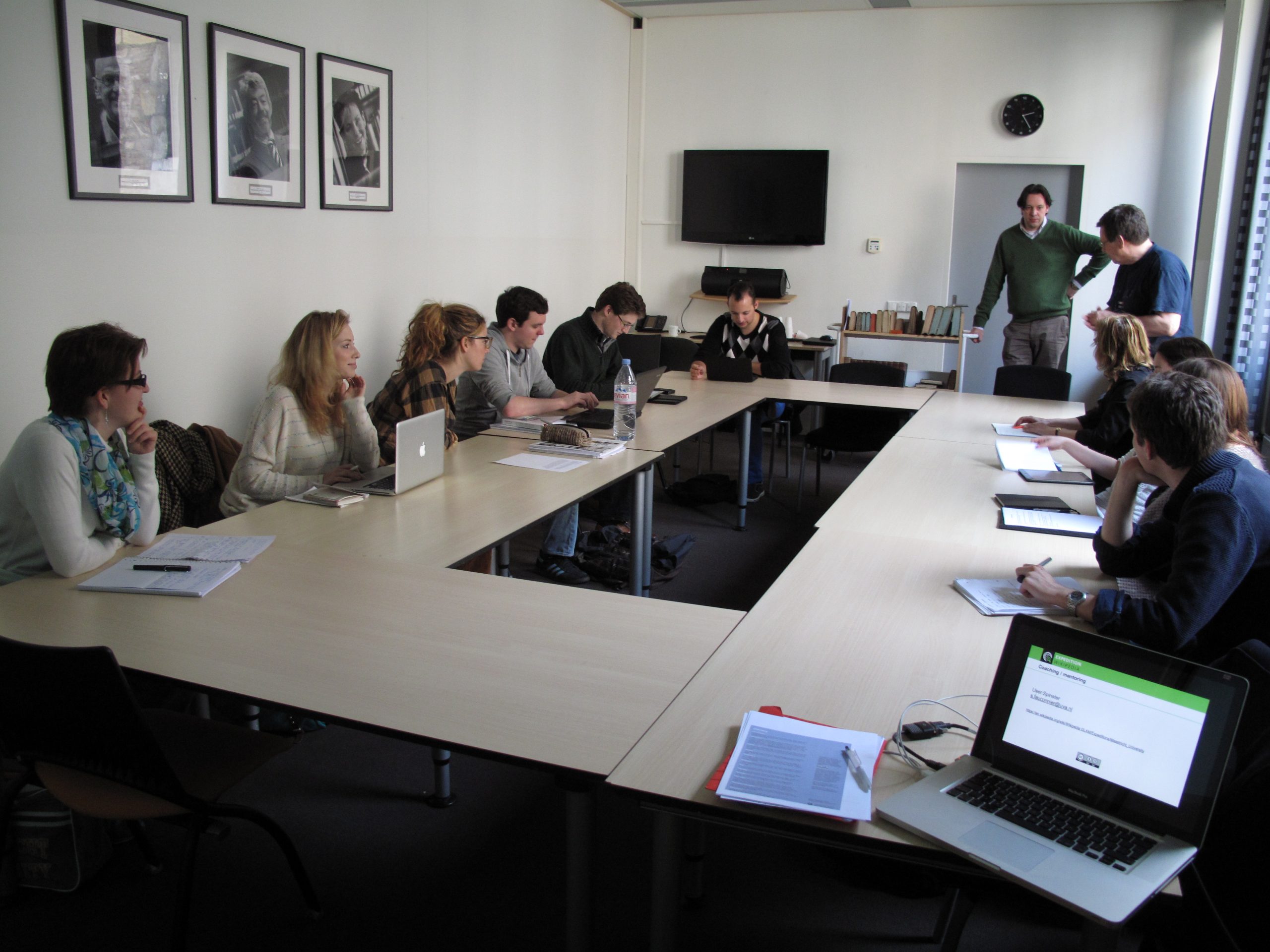As members of a developed, modern society, we often assume that we are fully conscious of cultural influences on our opinions and behaviour, and enlightened enough to overcome the restrictions of tradition. However, these assumptions are naïve and often mistaken. In light of them, the lingering and frequently unconscious presence of traditional gender stereotypes in our behaviour is all the more dangerous to progress. A conscious and informed response is necessary to truly revolutionise our conception of modern gender roles.
In an educational setting, where students’ only distinguishing feature is their participation in tutorials, the traditional forced passivity of females is overlooked as a continuing hindrance to their academic performance. Engrained gender roles tend be reflected in women’s marks more negatively than men’s, effectively punishing women for their own oppression.
For many, tutorials at university frequently seem to feature either domination by a minority of students or an all-around lack of participation. Tutors’ disappointment is explicit, and attempts to foster confidence in quieter students, ranging from affirmative coddling to frustrated warnings of poor marks, are largely ineffective. To make any impact, these responses must be tailored to the dynamic of the group and informed by awareness of specific causes of unproductive participation.
Tutorials naturally take on a competitive atmosphere, prompting various reactions in individual students. Some respond to the pressure to contribute insightful comments with confidence, even aggression, adding to the stress of their less confident peers. These responses are often crucially separate from the individual’s understanding of the material and instead have more to do with their ability to argue, an activity in which men have the traditional advantage.
Not all women are daunted by argument, and not all passivity or lack of participation shares the same pathology, but strong trends do exist. Countless studies have shown that male students tend to be more aggressive in conversation, often assuming the responsibilities of actively leading discussion and explaining points.
This naturally leaves female students with less to contribute and the passivity which traditional gender roles force them to adopt often discourages them from interrupting discussion or voicing disagreement.
It is critical that students and their tutors be aware and open about the factors that impact their learning. All too often inhibitions are unconscious or hidden, placing responsibility on the tutor to discern obstacles to productive learning and provide encouragement. It is, therefore, wholly counterproductive that unwillingness to participate is hastily assumed to indicate a lack of preparation and its true causes unaddressed.
To overlook the pressures of context and dynamics of interaction in the tutorial room is an unacceptable oversight which risks insensitivity to students’ discomfort and allows traditional gender stereotypes to persist.
Expectations that all students will prepare for discussion and actively engage in it are fair, as is the reflection of a student’s performance in their marks regardless of gender. However, every student deserves equal opportunities to perform as best they can.
In the case of many female students, this requires acknowledgement and active opposition to the continuing influence of traditional gender roles and the pressure they create to be passive.
We must focus on what individuals can do to change their behaviour if the prejudices behind oppression are to change.
It is crucial that female students be aware of the reasons for any pressure they may feel to be silent or avoid confrontation with their peers. Each woman must personally work to overcome these pressures, and tutors and male peers must share responsibility.
Equality in the classroom must be a collective effort. It is about knowing when to speak, when not to, and why.
Image: Sandra Fauconnier

